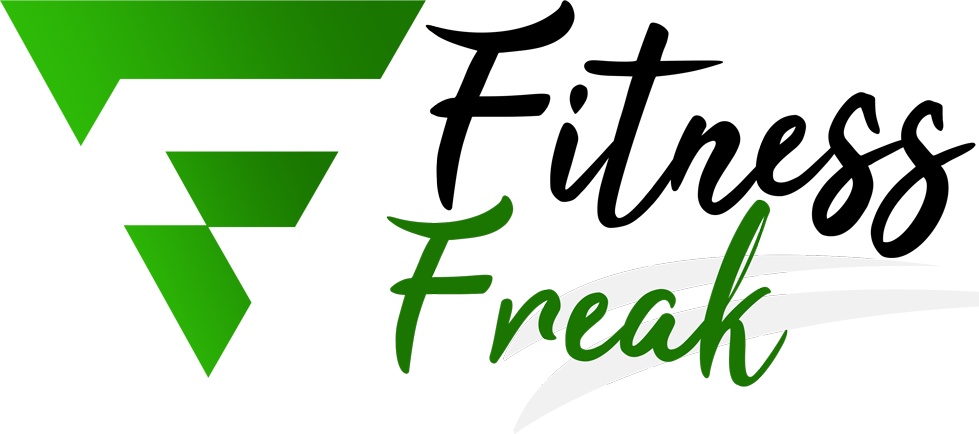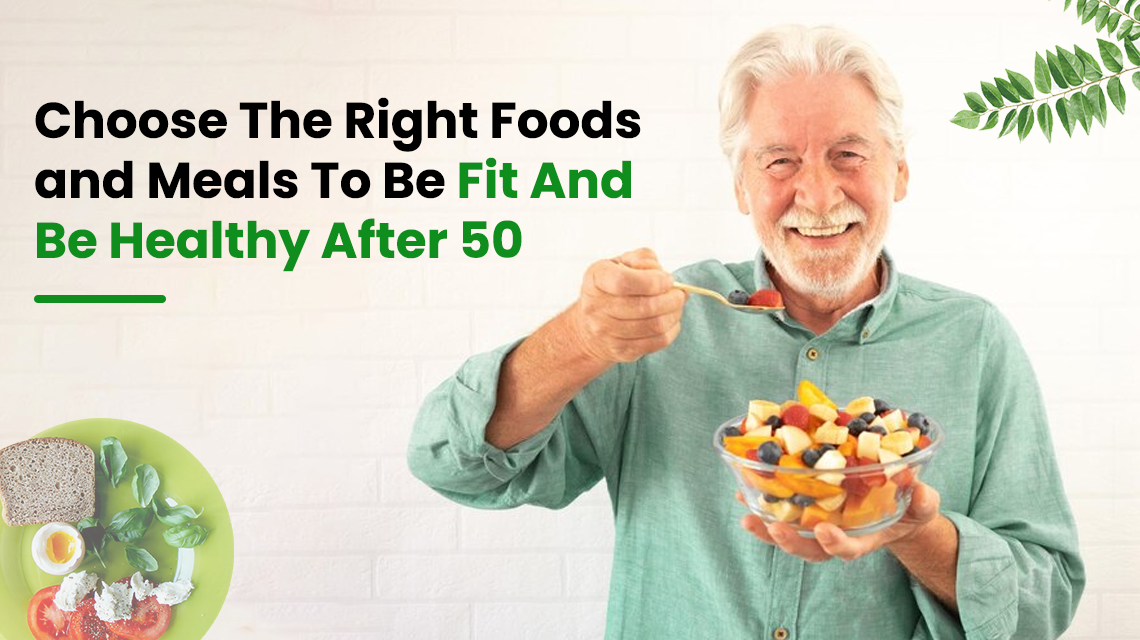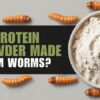If you turned 50, that means you have achieved a big milestone in your life. Also, it is the time when your body starts changing. So, feeling lethargic and unmotivated is obvious, but don’t you think age is just a number?
Well, in my personal opinion, I believe if you consider yourself old, you will feel old even at the age of 20. If you want to live healthy and younger without considering age numbers, then I have a secret to reveal.
Eating a balanced diet can specifically emphasize the nutrients, increase your chances of healthy aging, and allow you to maintain an active and dynamic lifestyle. This article will bring an in-depth guide to getting fit after 50 with a suitable health plan or eating schedule in your 50-60s.
What Factors Affect Healthy Aging: Getting Fit After 50
Growing old is inevitable, but you can go one extra step to educate people and encourage them to age well or to have disease-free old age. Indeed, among the priorities for increasing the quality of life is a vision of a healthy diet and systematic physical activity. Also, there are a few preventive factors that may cause healthy aging, like:
- Eating habits
- Physical activity
- Genetics
- Social support
- Smoking & drinking
- Access to quality medical care
Of all, nutrition or healthy eating is a major factor in minimizing much-shot troubles like frail bones, obesity, undernourishment, losing muscles, etc.
Which Micronutrients and What Groups of Meals are Best for Adding to the Diets for Getting Fit After 50?
You need to put in your body a massive number of nutrients every day as a person in your 50s-60s. Here is your baggage:
- Protein
Consuming protein daily helps you build lean muscle mass, which is essential to look and feel healthy in and out. Even this boosts metabolism and immune system better your lifestyle and brings youthful energy to your body. High-protein foods include the following-
- Beans and lentils
- Nuts and seeds
- Eggs
- Tempeh
- Poultry
- Tofu
- Dairy products
How much protein is needed for daily consumption: getting fit after 50?
According to the Consumer Reports, 0.36 grams per pound of body weight is suggested for adults over 50. In fact, one should consume 0.5-0.9 grams per pound, which is essential to build lean muscles and lead an active lifestyle. For example, if someone’s weight is up to 68 kg, he/she must eat 75–135 grams of protein.
However, many people can’t get enough protein from food alone. You should look into protein sources and get enough of them to ensure healthy living.
- Calcium
Calcium is another essential mineral that should not be neglected in one’s diet, as they are very friendly to the body and should be taken frequently. Notably, it is a macro mineral that aids in the flow of impulses in our body, accelerating the pace of the heartbeat, muscle contraction, and the process of neuron function and it is vital in the formation of bones and upkeep of the same.
High-calcium foods are like-
- Dairy products
- Leafy greens
- Fortified beverages
How much calcium is needed for daily consumption?
In the event that the patient is postmenopausal, it is quite probable that osteoporosis will develop in that individual. As a result, the daily requirement for calcium consumption is at least 1200 mg, depending on the other calcium sources ingested. Some individuals consume 1000 mg of calcium daily, depending on the other calcium sources ingested. Of all foods that contain calcium, it is preferable to take in foods and drink milk, and if this is not possible, then taking multivitamins might also help.
Taking calcium supplements, your doctor had recommended that for this you should take several small doses in a day. For instance, since two of the tablets provide exactly 500 mg of the substance, taking them would be enough to satisfy the daily necessitate.
- Fiber
Fiber is also an essential source that helps in the movement of the bowels, enhances digestive functions, and steadies blood sugar levels due to its ability to slow the absorption of sugars. Also, it helps in achieving a proper diet since it helps in balancing nutrition while avoiding unhealthy balance of foods that lead to obesity. Here is the source of fiber-
- Veggies
- Fruits
- Beans and lentils
- Whole grains
- Nuts and seeds
How much fiber is needed for daily consumption?
While speaking to health coaches, an average of 25-38 grams of fiber per day is best for both women and men. People can get enough fiber from food, but fiber supplements can help boost its number.
- Vitamin D
Another nutrient that is helpful to the body is vitamin D, which will help in our bone health and immunity. According to NIH, low levels of it are relatively adverse to health since they can result in mental decline, poor health issues, depression, and many other effects.
Since our bodies create vitamin D from sunlight, it is often sometimes referred to as sunshine. Vitamin D is another popular vitamin. Thus, the sun exposure should be balanced, as the excess exposure to solar radiation is rather damaging. But have it in small measure and live a healthy life—at least a life free from muscle pain.
.
- Vitamin B12
This vitamin is vital in the processes of delivering energy, metabolism, and continued health of certain blood cells, the immune system, the brain, and the heart.
However, from the age of 50 onwards, the body becomes less efficient in its ability to ingest vitamin B12. Therefore, you need to incorporate this vitamin into your diet as a means of enhancing your health.
The natural source of vitamin B12 consists of food products of animal origin, including fish, eggs, dairy products, and poultry. Well, those who are strict vegetarians may have low levels of B12 and thus be prone to the usual problems related to it. If your doctor tells you to do so, then it is a must to enhance the diet plan that decreases low B12 levels as well as helps in gaining more energy.
- Fatty Acids Omega-3
The main neurological illnesses and cognitive decline associated with omega-3 fatty acids are dementia, Alzheimer’s disease, and other brain disorders, as well as skin and heart-related issues.
Omega-3 fatty acids include the following-
- Fatty fish
- Nuts
- Seeds
- Oils
- Algae
How much is Omega-3 fatty acid needed for daily consumption?
As per NIH, 1.1 and 1.6 grams per day for women and men are essential. However, there is no general recommendation given, but DHA and EPA 250-500 mg combined is a worthy goal to achieve. If you are unable to take fatty fish on a regular basis as required, take supplements or consult your doctor.
- Antioxidants
Free radicals are crucial and antioxidants are good in reducing their usual damaging impact and oxidation. These are vitamin A, vitamin C, and vitamin E which have been attributed to causes of aging and chronic diseases. The best sources of antioxidants are-
- Fruits
- Vegetables
- Dark chocolate
- Coffee
- Whole grains
How many antioxidants are needed for daily consumption?
Does anyone suggest no specific consumption limit? You are advised to have it regularly and consume antioxidant-rich food in every diet.
- Potassium
Potassium is the electrolyte that one must consume throughout the diet rather than in quantities. Arguably, sufficient potassium intake is necessary to minimize the chances of developing high blood pressure, heart disease, and stroke. You can find minerals in various sources such as
- Vegetables
- Fruits
- Dairy products
- Whole grains
- Meat
- Poultry
How much potassium is needed for daily consumption?
Dry matter intakes: RDA points to 2600 mg and 3400 mg for women and men, respectively. Thus, potassium can be taken only from foods and supplements, which, as a rule, requires constant consultation with a doctor. Make sure not to use too much potassium, as this could have deadly consequences.
Which Superfoods Are the Best for Including in Your Diet to Maintain Your Health?
The top foods that everyone should eat in order to be healthy are listed here.
- Beans
- Apples
- Leafy greens
- Berries
- Yogurt
- Nuts
- Oats
What Are The Diet Changes You Need To Do Right Now?
Getting older means taking care of your health and eating healthy. Here are a few diet changes you need to make, such as:
- Enjoy eating fish
- Add more complex grains to your meal
- Low intake of sodium
- Eat high-protein foods
- Avoid drinking sodas
- Reduce intake of sugar and refined sugar
- Eliminate fried foods
Quick Summary
As you read the whole story regarding getting fit after 50, you can easily estimate that eating healthy food rich in proteins, calcium, fatty acids, and more nutrients is crucial to living and feeling healthy.
Remarkably, few diet changes can benefit your body the whole way or might be the reason for getting in shape after 50. So, whether you are in your 50s or turning into your 60s, start caring about yourself and leading life at your younger age.
Note: Age is just a number if you want to live as beautifully as in your younger days. So beat the numbers, start eating healthy, and include some physical activities. So, you might find a new version of yourself within six months.



